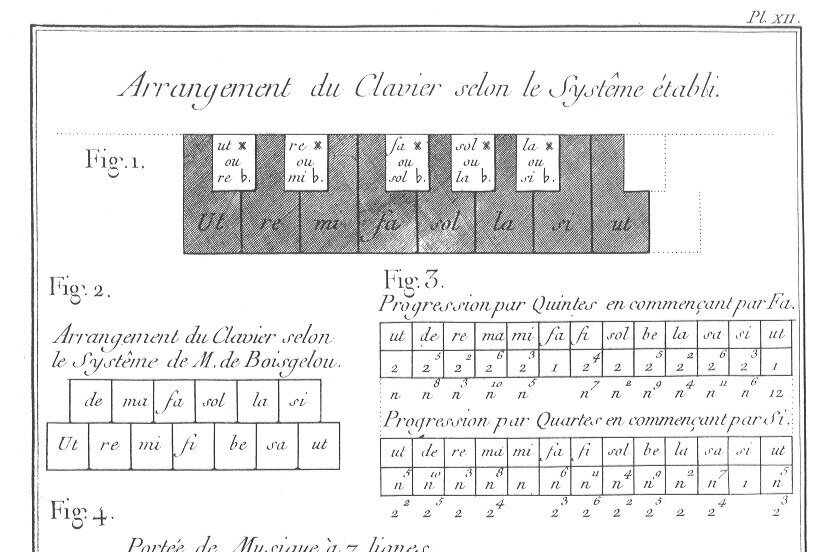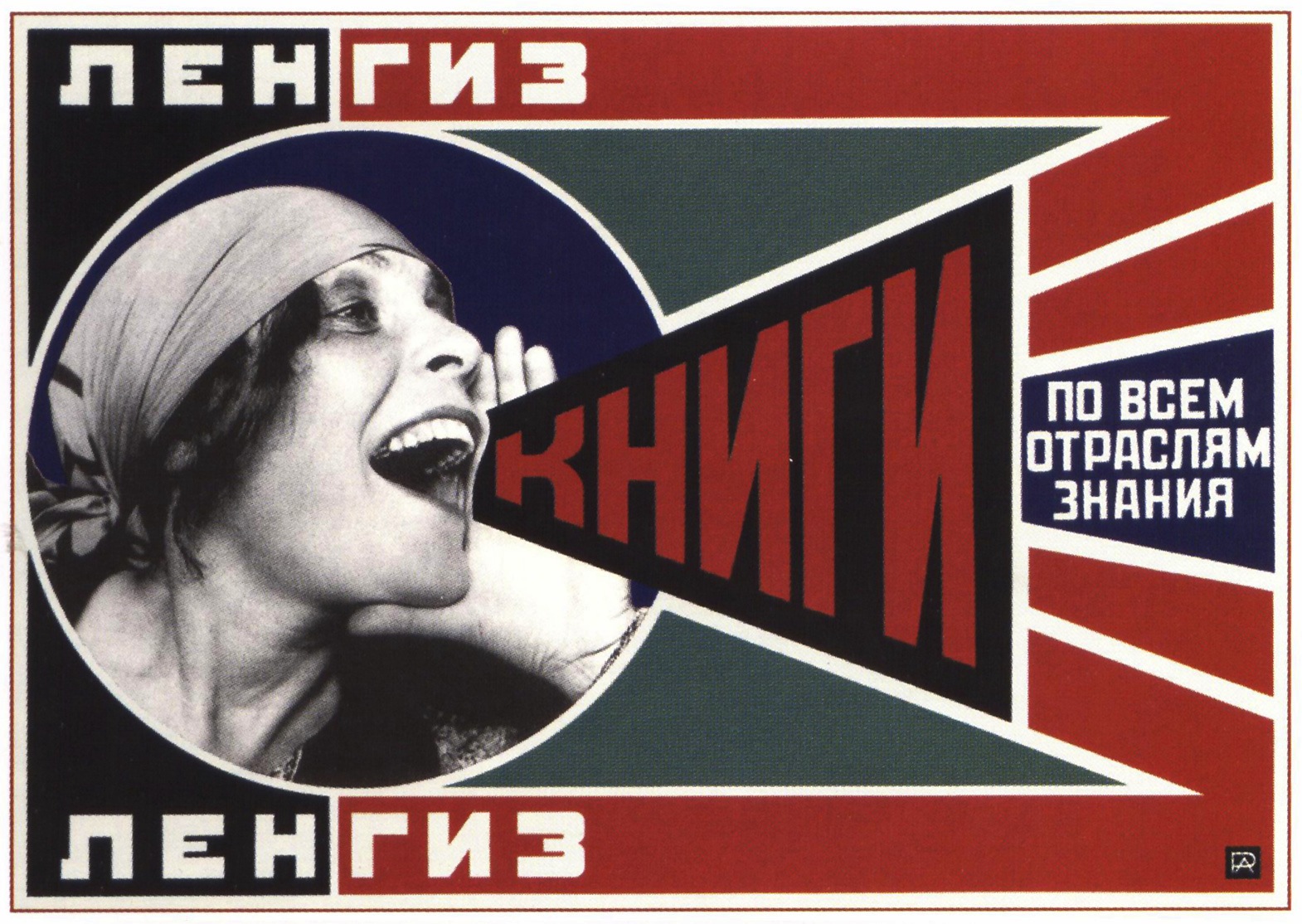TEACHING PHILOSOPHY
With an understanding that students come from a variety of educational and personal backgrounds, my approach to teaching combines lecturing, hands-on activities, and student-generated discussion with the goal of empowering students to become their own learners. Learning is a process, not an endpoint, and my students leave the classroom with a greater appreciation for and awareness of their own learning styles, strengths, and areas for improvement. This appreciation extends beyond the confines of a single classroom or semester and enables students to approach new topics with a passion and critical insight.
Ultimately, I strive to teach a music history of the past alongside one of the present. Having students acknowledge the connections and discontinuities between themselves and their historical interlocutors positions them within a broader narrative. Asking students to examine their own listening expectations through Michael Jackson’s “Billie Jean,” for example, allows them to better understand why sonata form may have been such a powerful means of creating musical narrative in the late 18th and early 19th centuries. Studying history, I hope to impart to students, does not only entail looking down at the page or up at the board. Rather, it means standing at one point on a long and messy path, looking back.
Courses instructed
Interpreting Music History and Culture: AN Introduction to Musicology (Graduate course; University of Miami)
This course functions as an introduction to the study of musicology and ethnomusicology at an advanced level. Students will become acquainted with research methodologies as well as major debates in the field from the last thirty years. Students will also gain experience engaging with a variety of audiences. The goal is for students to leave the course with the ability to conduct independent research in musicology and ethnomusicology, be it in a PhD program or beyond.
Musical Traditions (undergraduate; University of Miami)
In this class we will explore the history of classical music from 1600 to the present. We will study classical music from a broad variety of perspectives: learning about the economic and technological systems that enable(d) it; about the relationships between performers, audiences, and composers; about the physical and social spaces in which it was performed and continues to be performed; and about the political relationships between performance, sound, and people.
Moreover, in this course we’ll seek to demystify and overturn long-held myths of musical creation and consumption. We’ll touch on topics including how history is written; the political values at work in canon formation; and the social construction of genius. These critical approaches will enable you to interrogate musical networks in your career and empower you to become a more engaged and mindful musical citizen.
History of Chamber Music (graduate; University of Miami)
In this class we will explore the idea of chamber music over the past several hundred years. While our course will primarily deal with music of the Western classical tradition, we’ll also explore a variety of genres, styles, and representations of chamber music both within and without the concert hall. We will examine the connections between music composition and performance with philosophy, politics, and society.
Music of the Romantic Era (graduate; University of Miami)
In this class we will explore European classical music from approximately 1800 through1900. This will take us on a tour through the courts and theaters of a rapidly homogenizing middle- and upper-class Europe, drawn together more and more by a common culture. We will examine the relationship between the growing classical style and European philosophy, politics, and society of the 19th century.
Music of the Classical Era (graduate; University of Miami)
In this class we will explore European classical music from approximately 1715 through 1803. This will take us on a tour through the courts and theaters of a rapidly homogenizing middle- and upper-class Europe, drawn together more and more by a common culture. We will examine the relationship between the growing classical style and European philosophy, politics, and society of the 18th century.
Music and technology in the twentieth century (undergraduate; University of Rochester)
This course views the long and diverse history of 20th- and 21st-century music through the lens of technology. How has modern technology shaped the composition, performance, and reception of music? And, likewise, how has music influenced technology? Our goal for this course is to trace the complex relationships between aesthetics, technology, and society over the course of the twentieth century. In doing so, we will discuss movements such as modernism, neoclassicism, serialism, minimalism, and beyond. Considering broader political and cultural contexts, we will explore both popular and art music alongside important developments in instrument design, compositional techniques, media, recording, and home and personal audio.
Conversational Russian (undergraduate; University of Rochester)
This course is designed to help students improve their conversation abilities and comprehension in Russian. Focusing primarily on animated and feature films, we will explore Soviet history and culture alongside new vocabulary and grammar. We will also learn and perform several songs over the course of the semester to practice listening comprehension and pronunciation. Students are expected to learn and review vocabulary before each class in order to actively participate in discussions. Weekly vocabulary quizzes will test retention of new vocabulary as well as comprehension of spoken Russian. Each student is coming into the course with a different level, and so individual goals will be different. By the end of the semester, however, each student should feel more comfortable engaging in both prepared and spontaneous Russian conversation in a variety of situations. This course is primarily conducted in Russian, although all assignments will be given in English.






